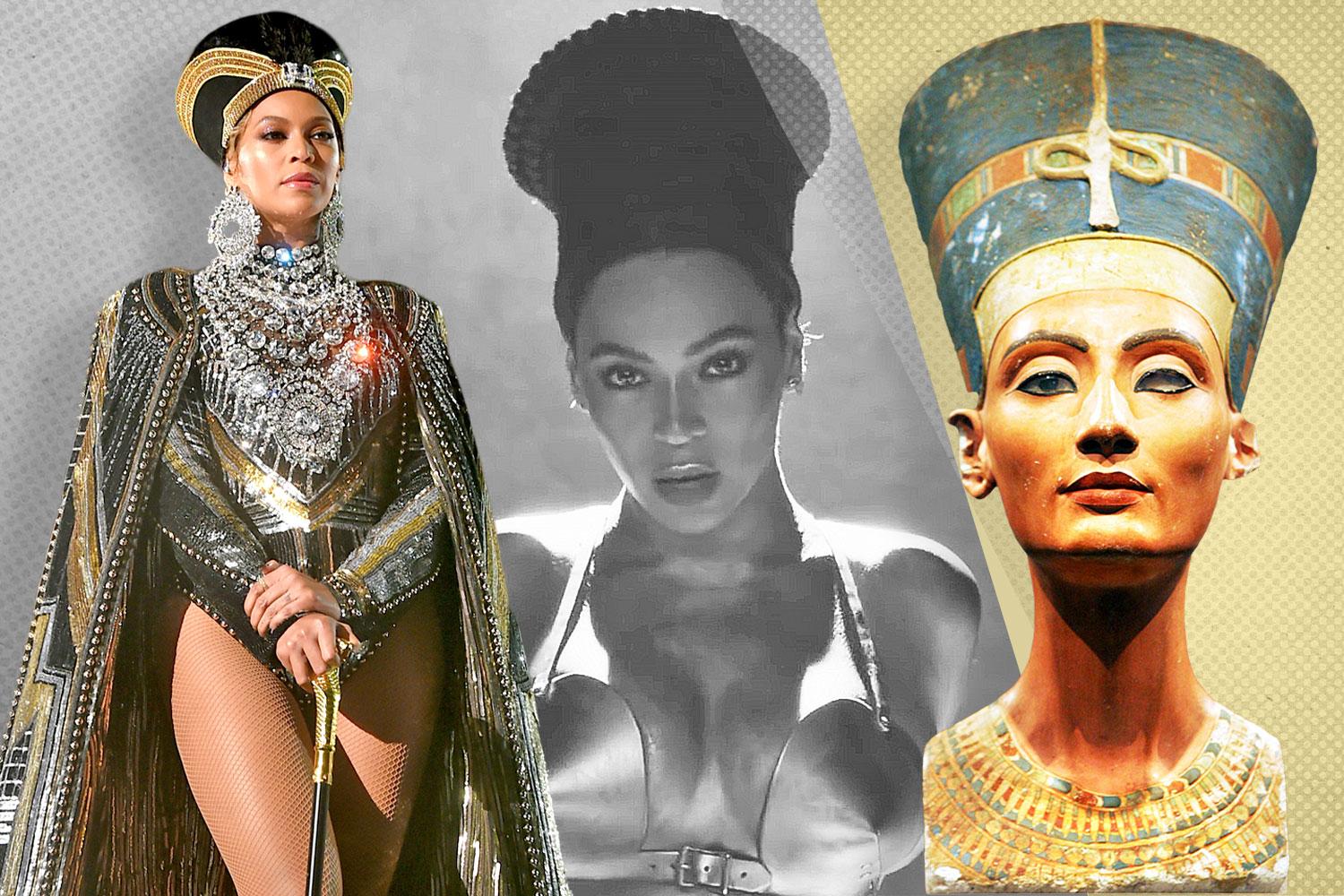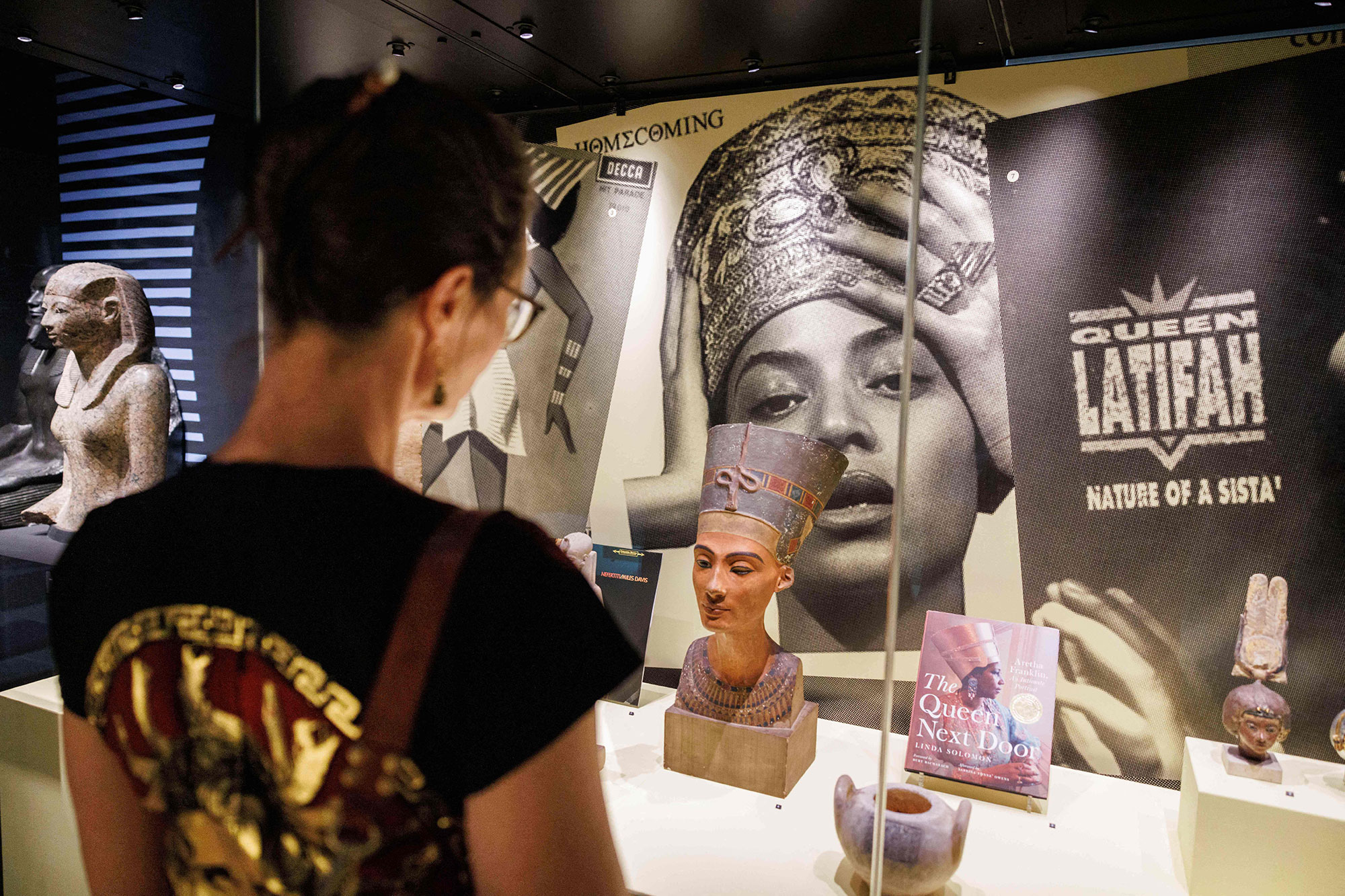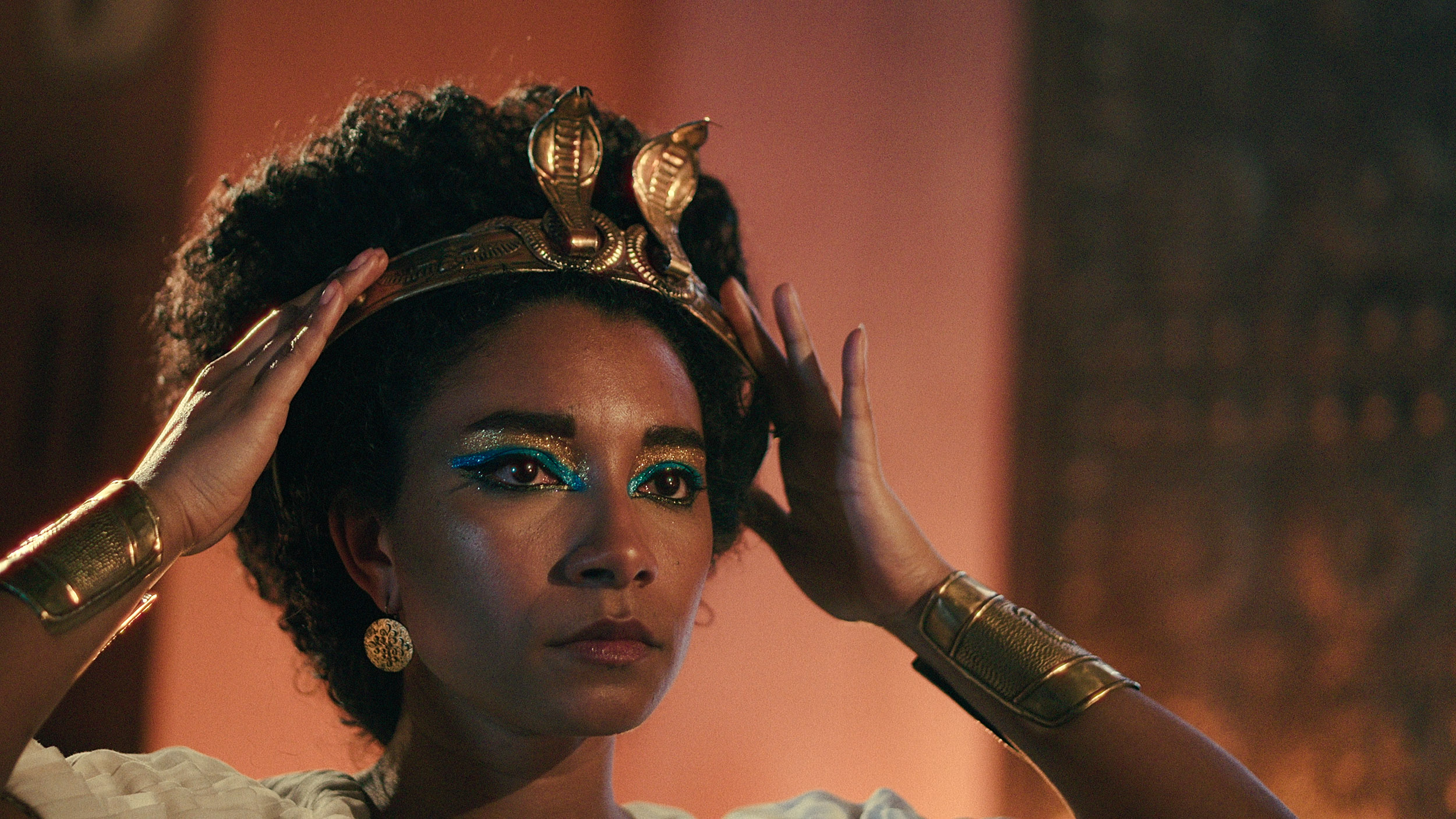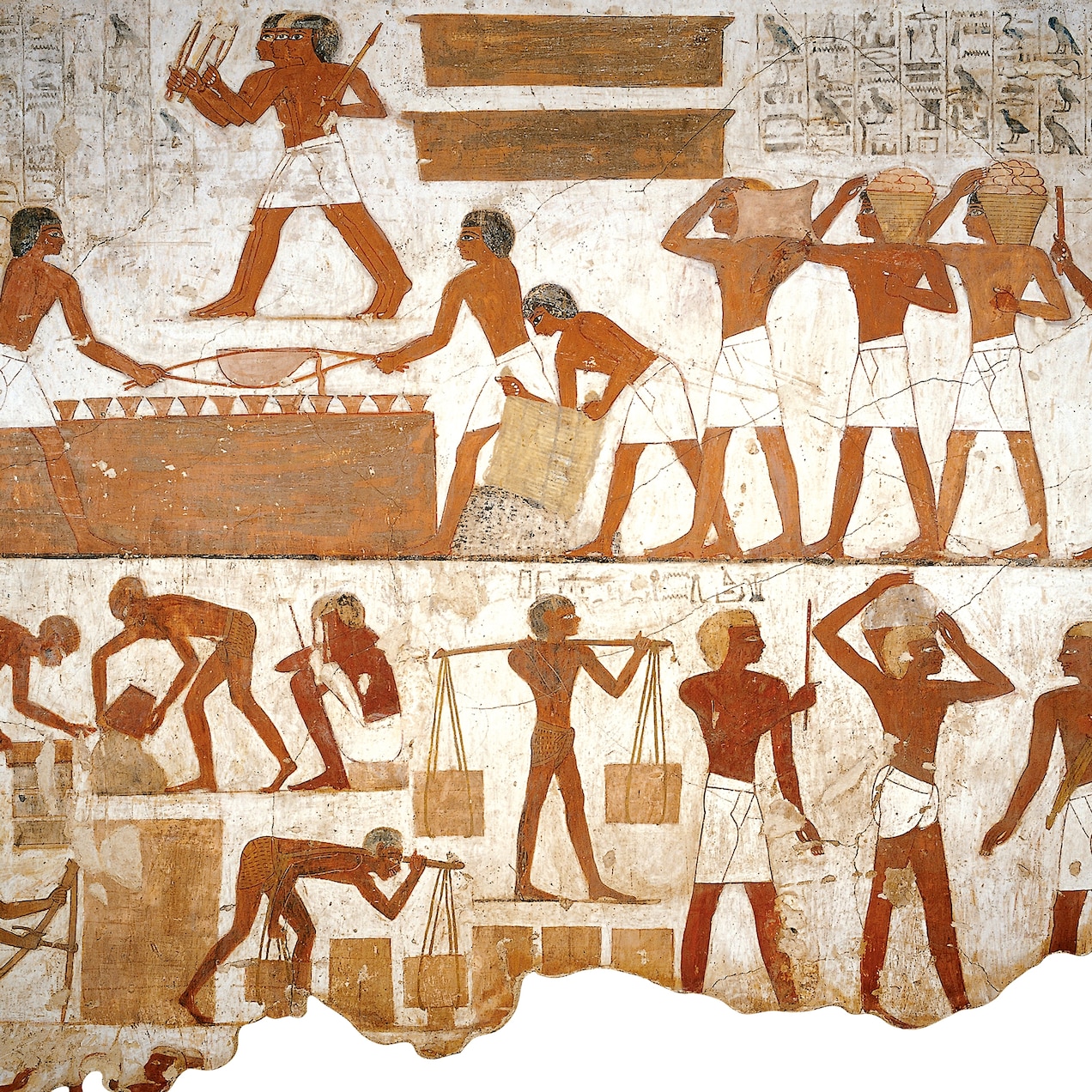The recent Kemet exhibition at the Dutch museum aimed to merge Afrocentrism with Ancient Egyptian culture, showcasing the influence of ancient Egypt on black musicians. The exhibition featured comparisons, such as a photo of singer Beyoncé dressed as Queen Nefertiti alongside ancient artifacts and a video of Rihanna channeling Egyptian attire. And what appeared to be a pharaoh’s golden mask turned out to be a modern sculpture inspired by an album cover from African American rapper Nas.

The Egyptian antiquities service expressed concern about the exhibition’s “Afrocentric” approach, viewing it as an appropriation of Egyptian culture and a distortion of history. Egyptian authorities emphasized that Ancient Egyptian history is distinct from African American culture, highlighting the layers and complexities of this situation. While some perceive Hollywood elites as taking advantage of Egyptian culture and redefining their own identity, others argue that it could be seen as an embrace and appreciation of the extraordinary civilization.

Cleopatra’s ethnicity has long been a subject of debate in popular culture and media. Historians generally agree that she had Macedonian ancestry, but there are arguments suggesting she may have also had Sub-Saharan African heritage. A documentary series released earlier this year featuring Cleopatra as a black queen rekindled the controversy. Producer Jada Pinkett Smith defended the portrayal, explaining the importance of sharing stories about black queens. However, comedian and political activist Bassem Youssef spoke out against what he views as the distortion and appropriation of Egyptian culture, “it’s important to note that the outrage is not about Cleopatra’s skin color. It did not matter to ancient Egyptians and is not a significant factor in modern Egypt. Rather, the controversy stems from the appropriation of Egyptian culture and the erasure of Cleopatra’s heritage.”
Cleopatra’s story and portrayal are complex issues that require a nuanced understanding of history and culture. While celebrating diversity and representation in media is crucial, it is equally important to respect cultural heritage and historical accuracy. By comprehending the intricacies of Cleopatra’s narrative, one can develop a greater appreciation for Egypt’s rich history and culture.

To gain further insight, we spoke with archaeologist and Ancient Egyptian historian Saleeb Fahmy. Fahmy explained that ancient Egyptian temple paintings and carvings depict Africans as enemies from tribes in northwestern Africa who often attacked Ancient Egyptians. Consequently, portraying African Americans as Ancient Egyptians can be historically inaccurate. However, the fascination with Egyptian history is understandable, as people worldwide are impressed by one of the greatest civilizations to ever exist, sometimes even exploring their own heritage or DNA to uncover potential connections to Egypt or the Middle East.
While many African Americans and other ethnic groups associate themselves with ancient Egyptians, particularly in the media, it is important to acknowledge that this association is inaccurate from a historical standpoint. However, considering the emotional perspective, it becomes understandable. African Americans have endured a history of discrimination, and connecting with an extraordinary civilization provides emotional support and a sense of pride. It is worth noting that some individuals may also be misinformed, assuming that Africans descended from Egyptians due to Egypt’s location in Africa, despite the lack of conclusive evidence supporting this claim.
Fahmy emphasized that most historians and archaeologists rely on facts and evidence, thus dismissing modern theories lacking ancient references as illegitimate. He stressed the importance of credibility and accurate storytelling in films about ancient Egypt. Ensuring that events are portrayed truthfully without exaggeration or misrepresentation is crucial to prevent misunderstandings among the audience, as these films will live on.
WE SAID THIS: Dont Miss…A Roundup Of Middle Eastern Characters That Stirred Controversy In Hollywood



